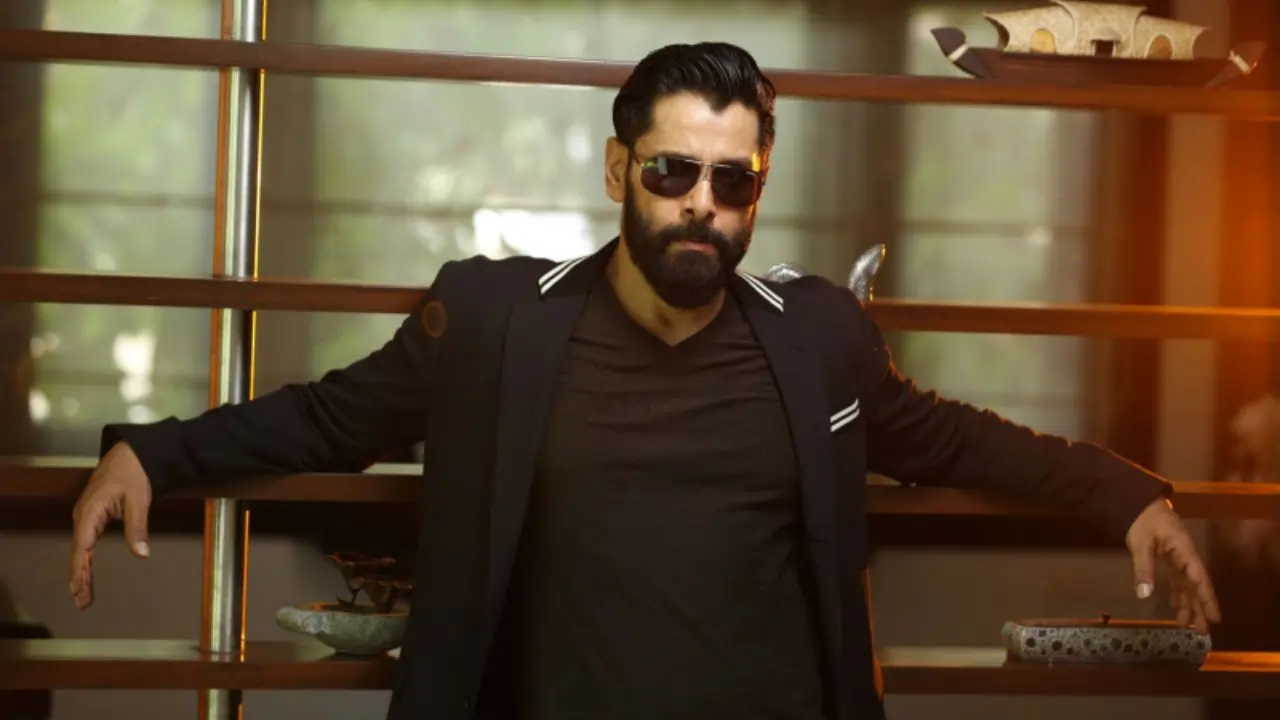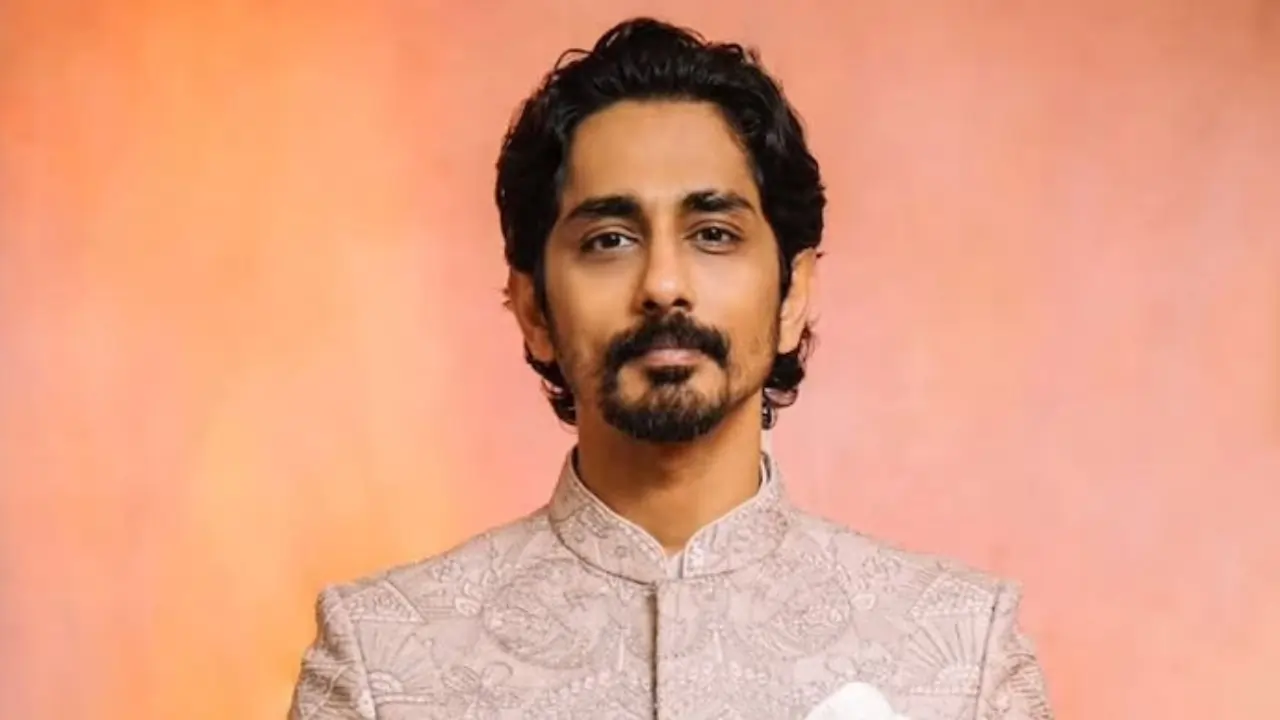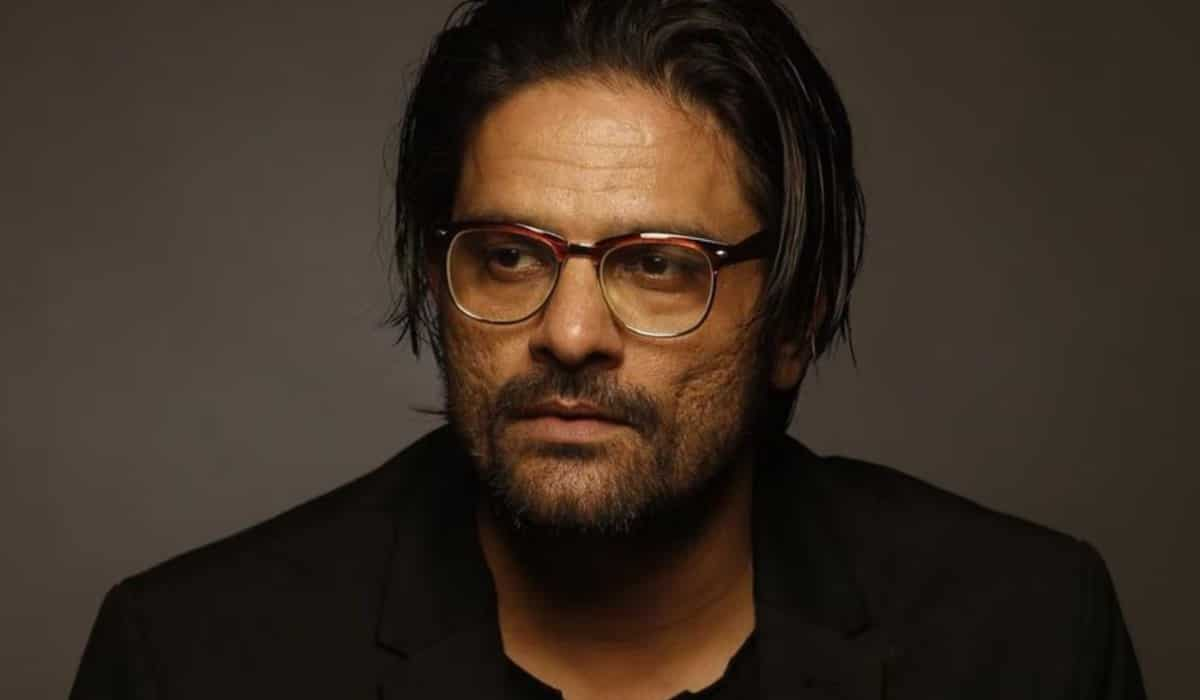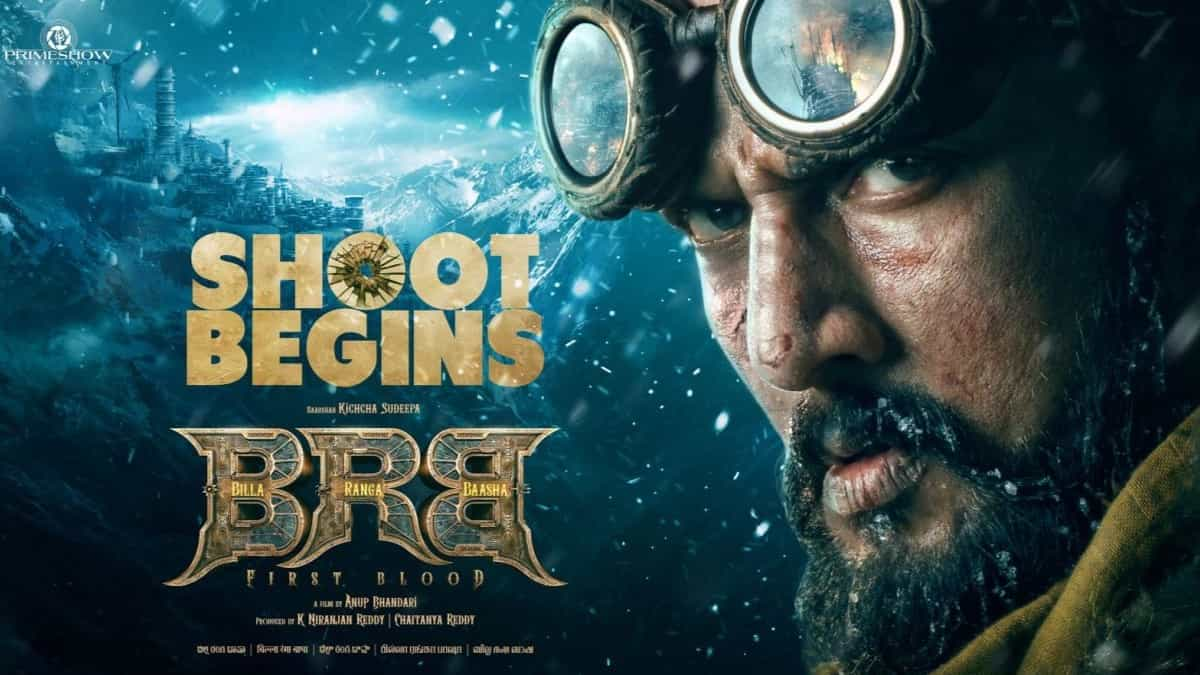
Grammy Winner Chandrika Tandon Highlights Power of Vedic Chants
2 months ago | 5 Views
Chandrika Krishnamoorthy Tandon just snagged a Grammy for her album Triveni, which she worked on with Grammy-winning flautist Wouter Kellerman and cellist Eru Matsumotu. It won in the Best New Age, Ambient, or Chant Album category.
Tandon expressed her excitement, saying, “It’s such an amazing honor, a fantastic platform, and it’s really brought a lot of attention to my music and work. I’ve felt an incredible wave of love and support from so many people.”
This is her first Grammy win and her second nomination, highlighting her impact in the realm of spiritual and healing music. The album features a beautiful mix of ancient mantras along with the calming sounds of flute and cello, connecting different cultures and traditions.
When talking about her creative process, Tandon mentioned, “I don’t really control where it goes or how it unfolds. It has its own journey and makes its own rules. I’ve got a few other big projects in the works too.”
Check out this special interview with her where she talks about her music, what she's learned, and what she loves to teach:
What led to the collaboration for Triveni?
The collaboration for Triveni kicked off with Eru Matsumotu, who had this vision of blending sound and healing. It was her dream to create something special. I didn’t know Eru at the time; she had contacted Wouter, who was familiar with her. Wouter then reached out to me because he appreciated my music and singing. I was a bit unsure about the whole thing, but the concept of healing and wellness really resonated with me, so I decided to dive in and see where it led.
They began sketching out some basic Western tunes, and then we all gathered in New York for a few days. This was our first musical meetup, along with a couple of other producers and engineers, where we brainstormed ideas. As I listened to the pieces, I started envisioning how I could layer mantras over them, particularly in certain keys and ragas, to enhance that healing vibe. It turned into a beautiful collaboration, though it wasn’t without its challenges since we all came from different musical backgrounds. Each of us had strong opinions and wanted our voices to be heard. It was a journey of sharing and learning. After we laid down the foundation of the album in New York, we returned to our respective places—I'm in New York, Wouter's in South Africa, and Eru's in California, while our producer was in Amsterdam. We all worked with different people to contribute our parts to the agreed framework. It was truly a collaborative effort, full of give-and-take.
What were some of the key hurdles and creative disagreements during the collaboration?
It's definitely a challenge when you come from a background where music is done a certain way and then try to make room for other musicians to shine. We had to carve out unique sounds for the flute, cello, and vocals. Each needed its own space to really come alive, and we couldn't overshadow one another, but we also had to feel like we were sharing the same musical space in a way that felt good. That’s no small feat, especially when we’re spread across different parts of the globe. Time zones can make it tricky, and sometimes the essence of our music gets a bit muddled in translation. We had our share of discussions, too. They might approach things from a Western perspective, while I was thinking about it through the lens of raga. They’d suggest cutting something that felt too long, and I’d have to explain that it’s essential to keep the whole mantra intact. There were moments when I thought some sections were too repetitive, and we’d agree to mix it up a bit, even if it meant overlapping. The magic of what we created lies in how our three voices sometimes harmonized, sometimes stood alone, and sometimes intertwined.
We experimented with different combinations, and somehow, we found the right balance. We all had our own ideas about what we might have done differently, but in the end, we achieved what we aimed for.
What got you into music in the first place?
I grew up in a tiny, laid-back neighborhood in Chennai, where music was all around me. Eventually, I dove headfirst into academics and the business scene. Doing well in school was a big deal for me, so I ended up at IIM Ahmedabad.
Music wasn’t the main focus of my life back then. I enjoyed listening, singing, and joining in on various activities, but it was more of a side gig.
In college, I found myself hanging out at the DJ club, spinning records for hours. That was pretty much my musical experience during business school.
When I hit my 20s, I was buried in work at McKinsey. I was working around the clock, leaving little time for anything else besides focusing on making a difference for clients. The only time I really got to enjoy music was on Friday nights when I’d come home and listen to tons of French songs.
When I started at McKinsey, I got a $5,000 signing bonus to help with my move—covering things like a security deposit, rent, and furniture. I splurged on two things: a killer stereo system for about $1,800 and a Martin guitar for around $2,500. I also brought a collection of records from India, and hearing them on that amazing stereo was pure bliss.
After that, I was left with less than $500 for the month. My meals consisted of boiled rice and coriander chutney, and I crashed on a sheet with a pillow on the hard floor. But I was surrounded by incredible music and had my awesome guitar.
Luckily, I started getting paid, which allowed me to enjoy more, but I never saw it as a sacrifice. Owning a Martin was a dream come true for me. I took lessons, but just strumming it and playing simple EFG chords brought me so much happiness. I didn’t care about food, shelter, or any luxuries; all I needed were my clothes, my job, and my music.
How's your training in classical music going?
When I was a kid, I took Carnatic music lessons for a couple of years. My mom hired a teacher to come to our house, so we had weekly classes. The teacher would show up for an hour and teach us a bunch of songs, but it wasn’t super intense or anything.
At the same time, my mom was learning to play the Veena and took classes with some little kids. Music was always around, and I picked up some Veena skills just by watching her. That was pretty much my whole experience with Carnatic music. Years later, I dived back into it with a really renowned master, but I ended up focusing more on Hindustani music. Eventually, most of my training shifted to Hindustani.
What do you think about the music scene these days?
I’m not really part of the music scene. I just enjoyed listening to all sorts of music. Those musicians felt like these legendary, otherworldly figures who floated down to us through the radio waves. You’ve probably heard of playback singers like Lata Mangeshkar, Asha Bhonsle, and MS Subbulakshmi. This was way before YouTube, and we couldn’t really afford concert tickets to see anyone live.
I still remember the time I caught Ms. Subbulakshmi performing at a music sabha right near my place. During the December music season, they’d set up this huge thatch roof for the events.
I preferred the second half of the concert because the first half was all about those grand ragas. But in the second half, MS Subbulakshmi would sing Meera bhajans and songs, which were my absolute favorites.
It’s kind of funny to think that there was a time I was standing on the street, peeking through palm fronds to catch a glimpse of the singers, and now I’m up there performing myself. I never saw my life that way; music wasn’t the main focus for me. Even when it became a bigger part of my life, I wasn’t aiming to perform or make albums. Initially, my music was just for me, and then I started creating an album, which just took off from there. But even now, I love music because it brings me joy, and I really enjoy sharing that joy with others.
Have you shared your musical legacy yet?
I have a daughter who's an amazing musician. She's got a beautiful voice and plays the piano like a pro, even though she hasn't chosen a career in music. She's super talented, has been playing the piano for years, and wrote a ton of music for her A Cappella group back in college. Now, she has kids and sings to them.
What I find most wonderful about this journey—and I really hope it picks up speed—is that a lot of young people have reached out to me to learn about the meaning behind these chants.
I’ll never forget when my four-year-old grandkid asked me, "Ammu, what is the light? How do I know I have the light?" When I worked on Ammu’s Treasures (the last album where I included these chants in a different way), I realized these are questions everyone should be pondering and finding their own answers to.
Sure! Here’s a different take on that: Got any advice for up-and-coming musicians?
One of my teachers once mentioned that mastering music involves three key stages. First, there's the active practice phase, where you're actually sitting down, singing, running through scales, doing riyaz, and working on songs—basically, all the hands-on stuff. Then, there's the listening phase, which is just as important for learning. Finally, the third stage, which might seem a bit odd, is silence. It turns out that growth in music isn’t a straight line; you hit breaks and plateaus along the way. You pick up new skills, then need some downtime for your brain and body to catch up before you can move on to the next level.
Sure! Here’s a different take: Got any last words for our readers?
One of the cool things that’s come out of what’s happening with Triveni right now is how mental anxiety and stress are finally getting the attention they deserve across different groups, whether in India, the US, or anywhere else, especially among our youth. It’s becoming way more acceptable to talk about these issues and to acknowledge them.
Wellness and well-being are super important topics. For the past few years, I’ve been diving into mantras and these ancient Vedic sounds that have a profound impact, even if we can’t fully grasp it. This practice is more relevant than ever.
Whenever I’ve asked my teachers about it, they always say: Don’t just take my word for it; go and try it out for yourself.
Our gurus have put in a lot of effort to teach us about these Vedic sounds, and chants are a simple way to tap into that knowledge. This treasure trove of ancient wisdom is right there for us to explore, and in today’s world, it’s an incredible gift we can all access.
Read Also: Ritesh Sidhwani Wants Lower Movie Ticket Prices: “It’s Hurting Theatre Business”
Get the latest Bollywood entertainment news, trending celebrity news, latest celebrity news, new movie reviews, latest entertainment news, latest Bollywood news, and Bollywood celebrity fashion & style updates!
HOW DID YOU LIKE THIS ARTICLE? CHOOSE YOUR EMOTICON!
#


















